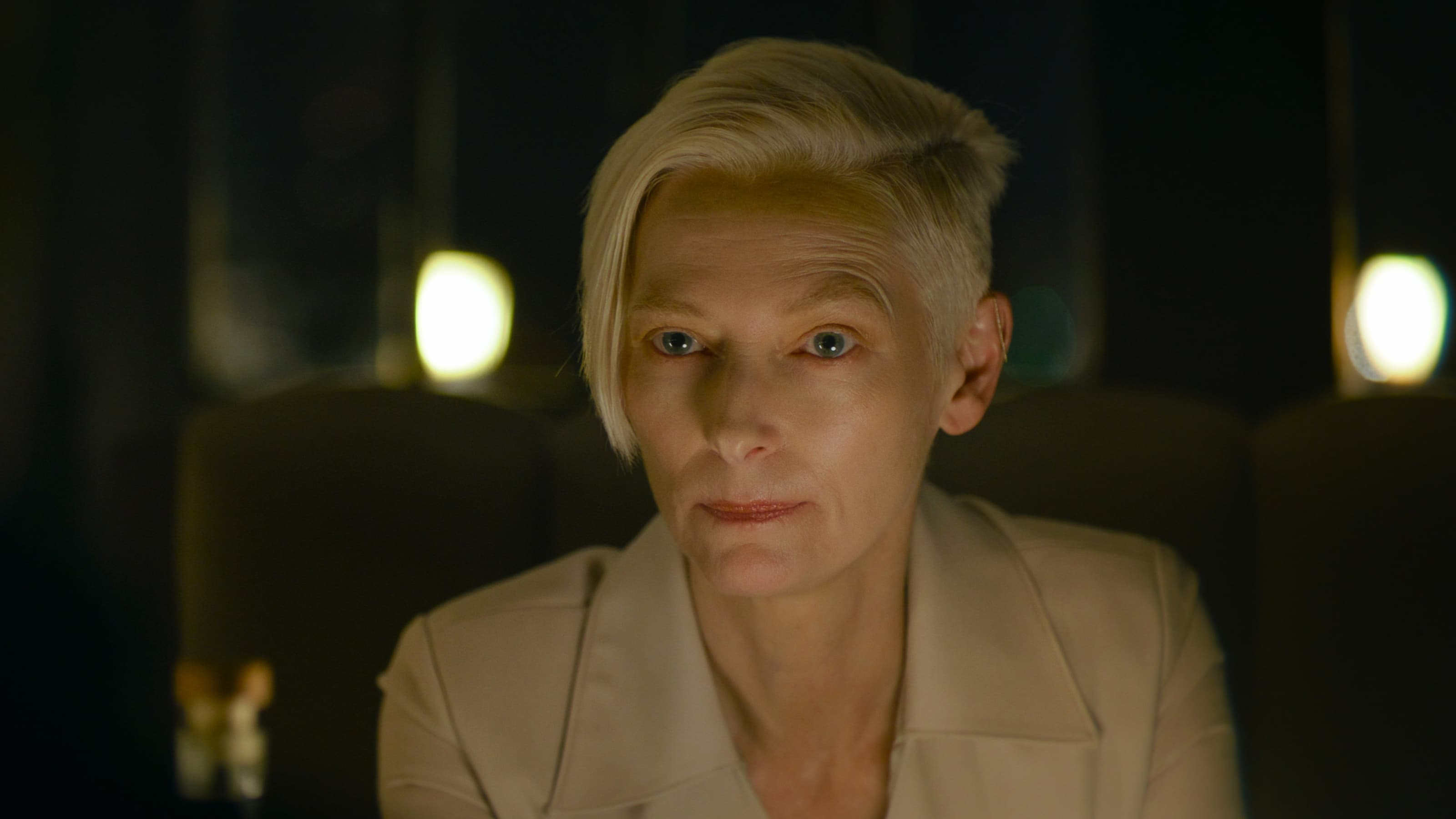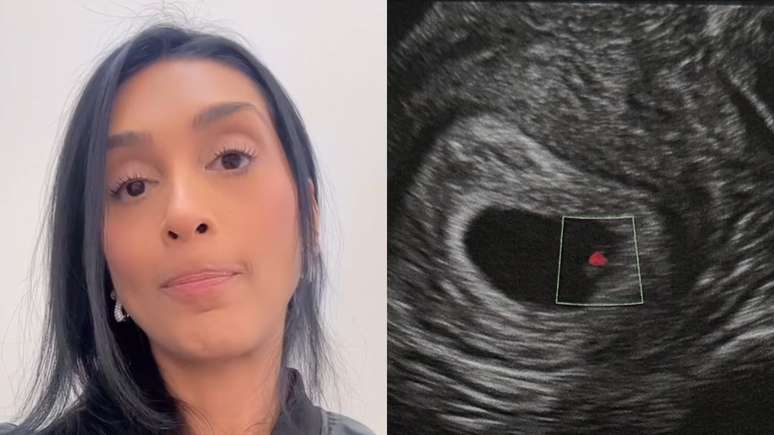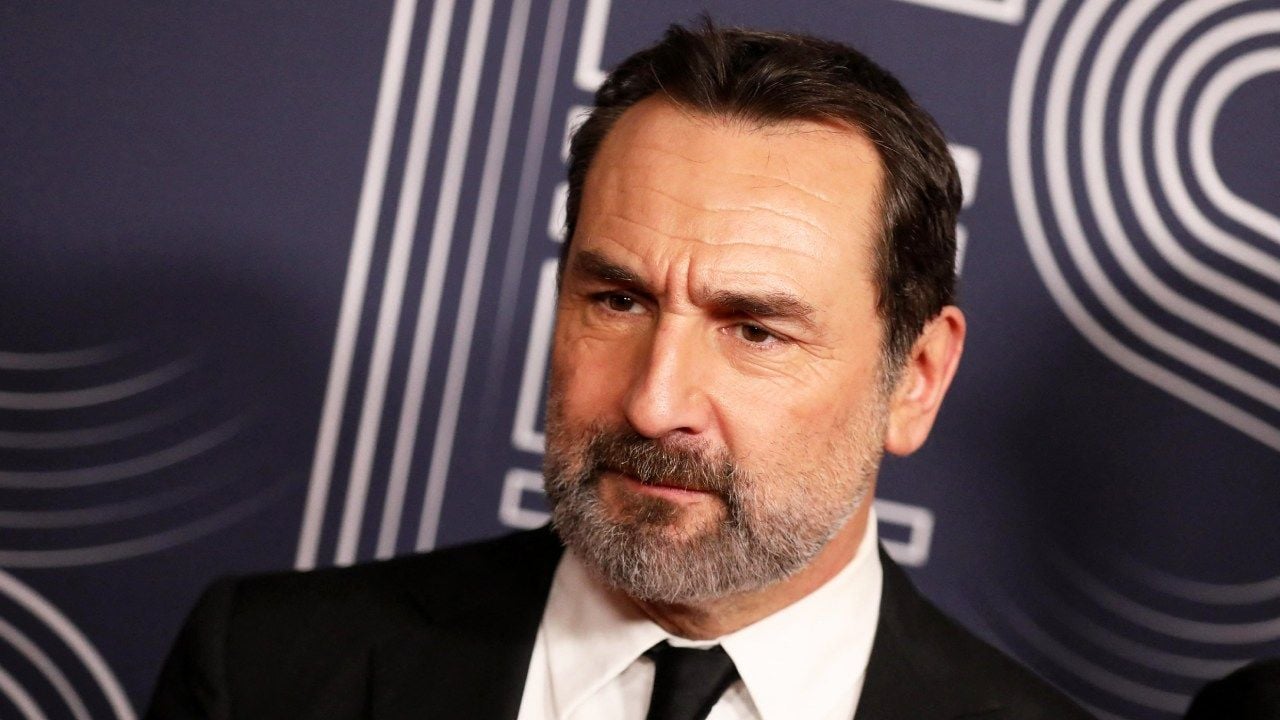The killerthe opposite of David Fincher
Available from November 10th on Netflix, The killer by David Fincher was received by a frank division of the public. Very successful in its approach, against the grain for some, boring and simplistic for others, this action and revenge thriller has left no one indifferent. But perhaps it is worth seeing it again to form a more certain opinion, given that David Fincher really enjoys surprising his audience, taking them where they don’t expect, in the manner of his “killer” for whom nothing goes as expected. In fact, inside The killer, there is the “method” to follow, a method that has become inapplicable. Therefore, logically, chaos appears in place of order, imprudence in place of prudence, etc. And the cards are so shuffled that its ending has left many Netflix subscribers perplexed. (SPOILERS)


The Killer: David Fincher’s macabre and unusual waltz
An ambiguous ending for The killer
The killer tells the story of a cold and methodical hitman played by Michael Fassbender. While conscientiously preparing the execution of a contract, he misses the precision shot. Fleeing Paris, “The Killer” returns to his hideout in the Dominican Republic, only to find it ransacked. Traces of blood indicate that a collision occurred. He then rushes to the hospital, where he discovers his partner seriously injured. He will then embark on the path of revenge and follow the trail to find out who sent those who came to his house.
It quickly becomes apparent that it is “The Client” (Arliss Howard), the one whose contract he failed, who has set assassins after him, in order to erase all traces of this failed contract. The assassin will thus kill all those who participated in this “counter-contract”, from the sponsor (Charles Parnell) to the executioners – “The Brute” (Sala Baker) and “The Expert” (Tilda Swinton) -, until he faces finally Claybourne, “The Client”. And against all odds, when he entered the house armed, it doesn’t kill him. A decision that may seem incomprehensible, in light of the theme of revenge at the center of the film. But actually, this decision is explained.
A pragmatic decision…
The first reason why the killer decides not to kill Claybourne is a pragmatic reason. While he is on the flight that takes him to Chicago, where Clayborne is located, the voiceover already declares that it is “risky”, because “the effectiveness of the police is proportional to the wealth of the victimWith Claybourne being a multi-billionaire in the technology field, this means that killing him would put his killer in a very delicate position. We live happily, we live hidden: this execution is therefore already a bad idea.
So, one detail can tell us that “The Killer” does not intend to kill “The Client” anyway. In fact, when we see him buying a gun on the black market, He doesn’t buy ammunition, which the seller points out. What good is a firearm without ammunition, if not simply to intimidate? Finally, another element that indicates that he will not kill Claybourne: when he takes the elevator up to his apartment, he passes in front of a camera, which openly looks…

The decision not to kill him is therefore partly pragmatic: being able to retire peacefully, without fear of being prosecuted. by the police or by other assassins sent by Claybourne, decides not to kill him, but to scare him enough. This is how he explains to Claybourne that if he ever returns, he could poison him, otherwise Claybourne would fall down the elevator shaft.
And selfish…
The other part of his decision is to be found in the field of morality. But how The killer it’s a film in which theamorality she is queen, it is neither out of goodness nor repentance that the murderer does not kill. Until the end it is a story of calculations. Although Claybourne is the sponsor of the attempted murder on his person, and although he is one of the most powerful figures in this ultra-capitalist consumer society, “The Killer” decides to leave him alive. Because killing Claybourne would be too high profile, and also because keeping him alive was a double effect : not only will Claybourne keep quiet about the first – failed – contract, for fear of ending up in prison, but now he will live in the fear that “The Killer” will return to eliminate him permanently.
One could imagine that, during this story of revenge for which he is unable to apply his method, “The Killer” has acquired a conscience and that at the last moment he realizes that he no longer wishes to kill. But this kind ofhappy ending moral would be perfectly contradictory to the genre of black cinema in which The killer registers. In reality, the killer’s decision to leave Claybourne alive is purely selfish and calculatingalso cynical: he had the opportunity to eliminate a member of the “elite” who enslaved “the masses”, and also to take revenge following the aggression of his partner, but he preferred protect your future life in an unchanged world. A selfish and calculating end, and finally perfectly logicalin a film where the precision is at the level of Swiss watchmaking…
Source: Cine Serie
Ray Ortiz is a journalist at Gossipify, known for his coverage of trending news and current events. He is committed to providing readers with accurate and unbiased reporting, and is respected for his ability to keep readers informed on the latest news and issues.









